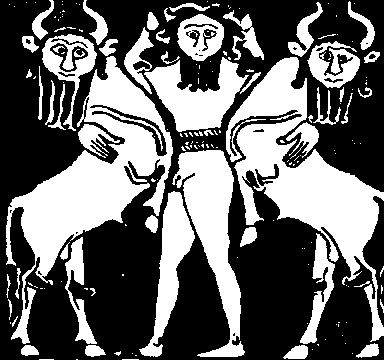That Come in
The Night

As soon as I recognized the returning face of my sickness --- my hands light as feathers, a swaying in the head and lungs full of pulsing thorns --- the first thing I did was to recall my delusions and send messages to the anxious world. As I woke to the fever I thought of my subjects, and their concern always gave me comfort. Signals in Morse, tapped out on the bed rail, conveyed brief and austere intelligences. "He is ill." (I imagined the first alarm.) "He has told his Mother." (Some relief.) "He is fighting hard." (Massed prayers in the churches.) "He is worse." (Cries of doom in the streets.) There were times when I was almost moved to tears at the thought of my anxious people, the invisible multitudes up and down the land joined in grief at this threat to their king. How piteously they awaited each sombre bulletin, and how brave I was meanwhile. Certainly I took pains to give them something to be anxious about, but I also bid them be strong. "He wishes no special arrangements made. Only bands and tanks. A parade or two. And perhaps a three minutes' silence."
This would occupy my first morning, with the fever still fresh; but by nightfall I was usually raving. My limbs went first, splintering like logs, so that I seemed to grow dozens of arms. Then the bed no longer had limits to it and became a desert of hot, wet sand. I began to talk to a second head laid on the pillow, my own head once removed; it never talked back but just lay there, grinning very coldly into my eyes.
The walls of the bedroom were the next to go; they began to bulge and ripple and roar, to flap like pastry, melt like sugar, and run bleeding with hideous hues. Then out of the walls, and down from the ceiling, advanced a row of intangible smiles; easy, relaxed, in no way threatening at first, but going on far too long. Even a maniac's smile will finally waver, but these just continued in silence, growing brighter, colder, and ever more humourless till the sick blood roared in my veins. They were Cheshire-cat smiles, with no face or outlines, and I could see the room clearly through them. But they hung above me like a stain on the air, a register of smiles in space, smiles without pity, smiles without love, smiling smiles of unsmiling smileness; not even smiles of strangers but smiles of no one, expanding in brilliant silence, persistent, knowing, going on and on ... till I was screaming and beating the bed rails.
At my scream all the walls shook down like a thunderclap and everything was normal again. The kitchen door opened, feet thumped up the stairs and the girls bustled into the room. "He's been seeing them faces again," they whispered. "It's all right!" they bawled. "There, there! You won't see any more. Have a nice jug of lemon." And they mopped me, and picked up the bedclothes. I lay back quietly while they fussed around; but what could I say to them? That I hadn't seen faces --- that I'd only seen smiles? I tried that, but it got me nowhere.